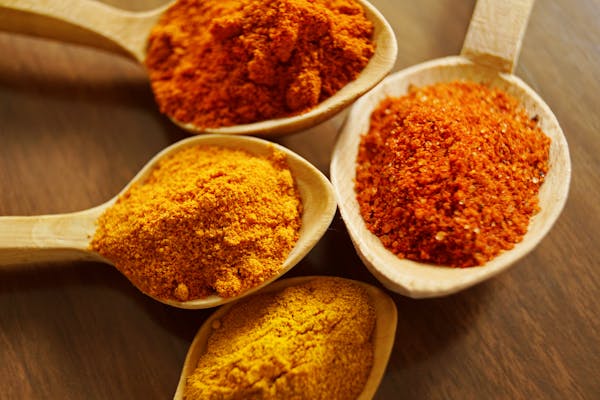Pongal: The Perfect Blend of Nutrition and Taste
The Nutritional Benefits of Pongal: A Traditional South Indian Dish
Pongal, a traditional South Indian dish, is a savory blend of rice, spices, pepper, moong dal, cashews, chillies, and salt. This delicious and nutritious dish is not only a staple in South Indian cuisine but also offers numerous health benefits. In this blog, we'll explore the nutritional advantages of Pongal and why it's an excellent addition to a healthy diet.
High Protein Content
Pongal is an excellent source of protein, thanks to the presence of moong dal. Protein is essential for the human body, as it helps to build and repair tissues, including muscles, bones, and skin. Moreover, protein ensures that oxygen is carried throughout the body in the bloodstream, supporting overall health and well-being.
Other Key Nutrients
In addition to protein, Pongal is rich in various other nutrients, including:
1 Fiber: Rice and moong dal are good sources of dietary fiber, which can help to regulate bowel movements, lower cholesterol levels, and control blood sugar levels.
2 Vitamins and Minerals: Pongal is a good source of various vitamins and minerals, such as iron, calcium, and potassium, which are essential for maintaining healthy red blood cells, bones, and nerve function.
3 Antioxidants: The spices and herbs used in Pongal, such as pepper, chillies, and coriander, contain antioxidants that can help to protect the body against free radicals and oxidative stress.
Health Benefits of Pongal
The nutritional benefits of Pongal can have a significant impact on overall health
and well-being. Some of the key health benefits of Pongal include:
1 Supports Healthy Digestion : The fiber content in Pongal can help to regulate bowel movements and prevent constipation.
2 Helps to Lower Cholesterol: The soluble fiber in Pongal can help to lower LDL (bad) cholesterol levels and reduce the risk of heart disease.
3 Supports Healthy Blood Sugar Levels: The fiber and protein content in Pongal can help to regulate blood sugar levels and prevent spikes in insulin levels.
4 Boosts Energy Levels: The complex carbohydrates and protein in Pongal can help to provide sustained energy levels and prevent fatigue.
Pongal is a nutritious and delicious dish that offers numerous health benefits.
With its high protein content, fiber, vitamins, and minerals,
Pongal is an excellent addition to a healthy diet. So, go ahead and
take Pongal into your meal routine to reap its nutritional benefits!
Frequently Asked Questions: Pongal Nutrition and Health Benefits
Q: What are the main ingredients of Pongal?
A: Pongal consists of rice, spices, pepper, moong dal, cashews, chillies, and salt.
Q: What are the nutritional benefits of Pongal?
A: Pongal is rich in protein, fiber, vitamins, and minerals, making it a nutritious and healthy meal option.
Q: Why is protein important in Pongal?
A: Protein in Pongal ensures that oxygen is carried throughout the body in the bloodstream, supporting overall health and well-being.
Q: Can Pongal help with weight management?
A: Yes, Pongal is a nutritious and filling meal option that can help with weight management due to its high protein and fiber content.
Q: Is Pongal suitable for vegetarians and vegans?
A: Yes, Pongal is a vegetarian dish and can be easily adapted to suit vegan dietary requirements by substituting dairy products with plant-based alternatives.
Q: Can Pongal be consumed by people with diabetes?
A: Yes, Pongal can be a healthy meal option for people with diabetes due to its high fiber and protein content, which can help regulate blood sugar levels.
Q: How often can I eat Pongal?
A: Pongal can be eaten as a regular meal option, ideally 2-3 times a week, as part of a balanced diet.
Q: Can I customize Pongal to suit my taste preferences?
A: Yes, Pongal can be customized to suit individual taste preferences by adjusting the amount of spices, chillies, or other ingredients.


















No comments:
Post a Comment